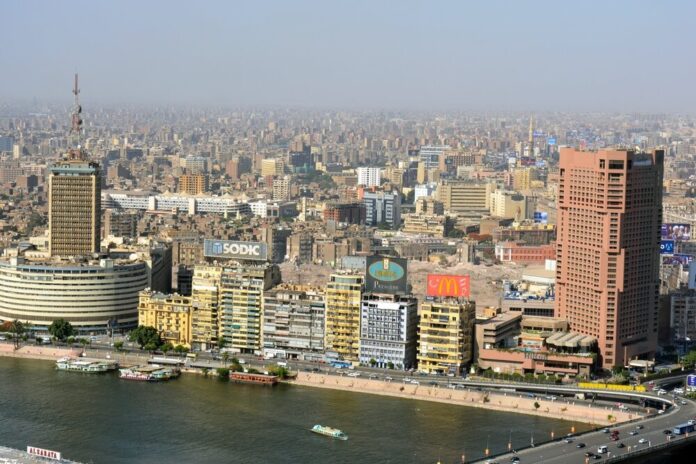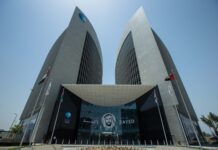Egypt’s non-oil private sector activity contracted for the 21st month running in August and the business outlook remains subdued amid growing concerns over the currency, the war in Ukraine and import bottlenecks, a study by S&P Global showed on Monday.
The seasonally adjusted S&P Global Egypt Purchasing Managers’ Index (PMI), a barometer of the non-oil private sector’s operating conditions, rose to 47.6 from July’s 46.4. Egypt PMI remained below 50.0, the mark that separates growth from contraction.
“Businesses showed little optimism towards future activity, as expectations slipped to the second-lowest on record,” David Owen, an economist at S&P Global Market Intelligence said in the statement.
“Monetary policy uncertainty, a weakening exchange rate, and the continued war in Ukraine mean there are still high levels of risk for the economy over the rest of 2022,” he added.
S&P Global said the rise in the headline index was mainly driven by the output and new Orders indices, which both ticked higher for the second consecutive month from June’s recent lows. Meanwhile, shrinking output in August extended the contraction there to a full year, although the related subindex at 45.8 improved from July’s 43.6. The new orders subindex also improved to 45.1 from 43.1.
Egyptian authorities have been ramping up efforts to fight inflation, including the central bank’s decision to devalue the local currency in March as it reels under new financial pressure from the war in Ukraine.




